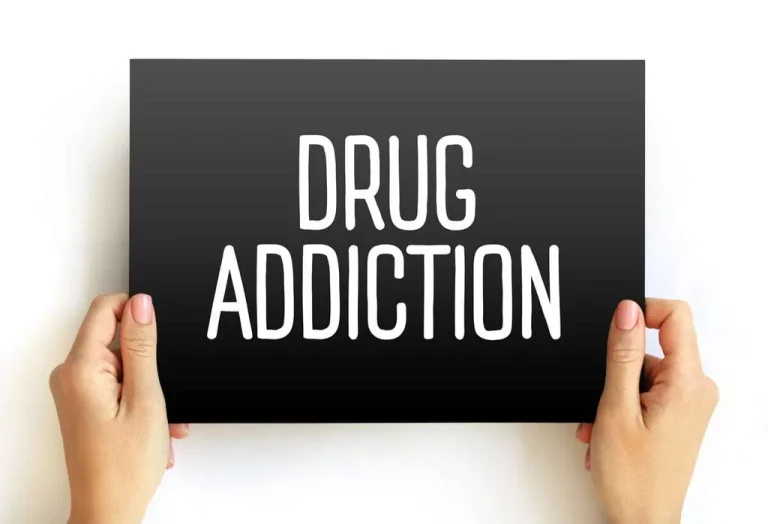Why Is Sobriety So Hard? 7 Hidden Reasons You Might Not Know

These mental obstacles often prove to be the most persistent and require ongoing effort to overcome. This article will uncover 7 hidden factors that make sobriety difficult. We’ll also provide practical strategies to overcome these obstacles. If you are at that jumping-off point where it feels like your life is spiraling towards a bottom, you can end the inevitable fall now. Give yourself a break and seek the help that you need.
- The slow nature of neuroplasticity often clashes with our desire for immediate results.
- ” But the problem runs deeper than just simply being able to quit and stay sober.
- Even if your willpower is substantial and you manage to make it a few months (which I’d done in the past), it’s not enough.
The Positive Impact on Personal Relationships and Career

The process of neuroplasticity – the brain’s ability to form new neural connections – plays a crucial role in recovery. However, this process is gradual and requires consistent effort and patience. More importantly, getting help could mean the difference between life and death, and your life is far more important than what others think of you. To learn more or to schedule a free assessment, please visit our Contact page or call us today. What’s important about these examples is that in both cases, the world didn’t change.
The Neuroscience of Pleasure in Sobriety
It may not only involve the loss of a romantic relationship but the realization that all of the person’s relationships have been destroyed. Substance addiction is a relational illness, which means that it affects everyone close to the addict. Many people arrive at a point where they realize that they are alone and completely isolated because they have hurt everyone around them for a long time. As human beings, we need companionship and the loneliness an addict experiences is indescribably difficult. From this jumping-off point, many fear of being sober people seek treatment because they no longer want to hurt those around them, and they cannot bear the loneliness any longer.
Physical Challenges of Sobriety
It does not need to be rigorous exercise, it does not even need to be long. Go for a 15 minute walk and you’ll be better for it. Walking helps clear your head, increase circulation, and promote better heart health overall. You need to put your health at the forefront of your day-to-day activities and a 15 minute walk should be possible regardless of the weather or time of day. When you feel the pull of alcohol, stop and check in with what that feels like. Don’t try to fight it or curse yourself for “letting” it happen, see if you can interpret how it feels; the quality of the urge.
Why Do I Hate Being Sober, and What Can I Do About It?

You might take a new way home from work, for example, to keep from going past your favorite old hangout. Finally, staying committed to attending meetings and seeking professional help when needed ensures ongoing support and guidance throughout the recovery journey. By focusing on the positive aspects, sobriety can become a fulfilling lifestyle.
- Even if we don’t say it out loud or admit it to ourselves, underneath this back and forth and the cycle of relapse is a lack of commitment to sobriety.
- Although drug and alcohol use can temporarily raise self-esteem, you will have lower self-esteem in the long-term.
- Substance misuse doesn’t just affect your mental health.
- Being sober can be stressful, but it doesn’t need to be — and it certainly won’t be forever.
- You’re no longer waking up with that sinking feeling that something terrible might have happened the night before, but you can’t quite remember what.
What’s included
When we aren’t sober, we can use that as an excuse to avoid those problems. Coping mechanisms are tough—they work temporarily, and allow us to avoid and put things aside for the time being. We use alcohol to cover up our pain and our problems. We use drugs to numb ourselves and our emotions and to push off thinking for another day.
- One of the biggest perks about sobriety is being able to think ahead, long-term.
- Due to this, the idea of going to prison is so foreign to them that they finally realize that this is not who they really are, or who they ever imagined becoming.
- Getting sober is a sprint, staying sober is like running a marathon without a finish line.
- Substance use, particularly alcohol and drugs, hijacks the brain’s natural reward system.
- With each step forward, individuals battling addiction find themselves reclaiming their lives, experiencing personal growth, and rediscovering a sense of purpose.
- To learn more or to schedule a free assessment, please visit our Contact page or call us today.
There’s no shortage of ways to get out and meet some new people with similar interests. The problem is it’s really hard to take it without proper support systems in place. I didn’t have any because I was too busy not accepting help and half-way trying to get sober. It was just another layer of denial and refusing to take my drinking seriously.

Make New Friends
You’re neck-deep in an anxiety-inducing tug-of-war in your brain. You’ve probably asked yourself this question before. Financial limitations are one of the major barriers that prevent people from receiving treatment. Even though many barriers remain, some encouraging signs point to treatment becoming more within reach for populations who have struggled to find recovery help in the past. CARF International accreditation demonstrates a program’s quality, transparency, and commitment to the satisfaction of the persons served. CARF International is an independent, nonprofit accreditor of health and human services.
